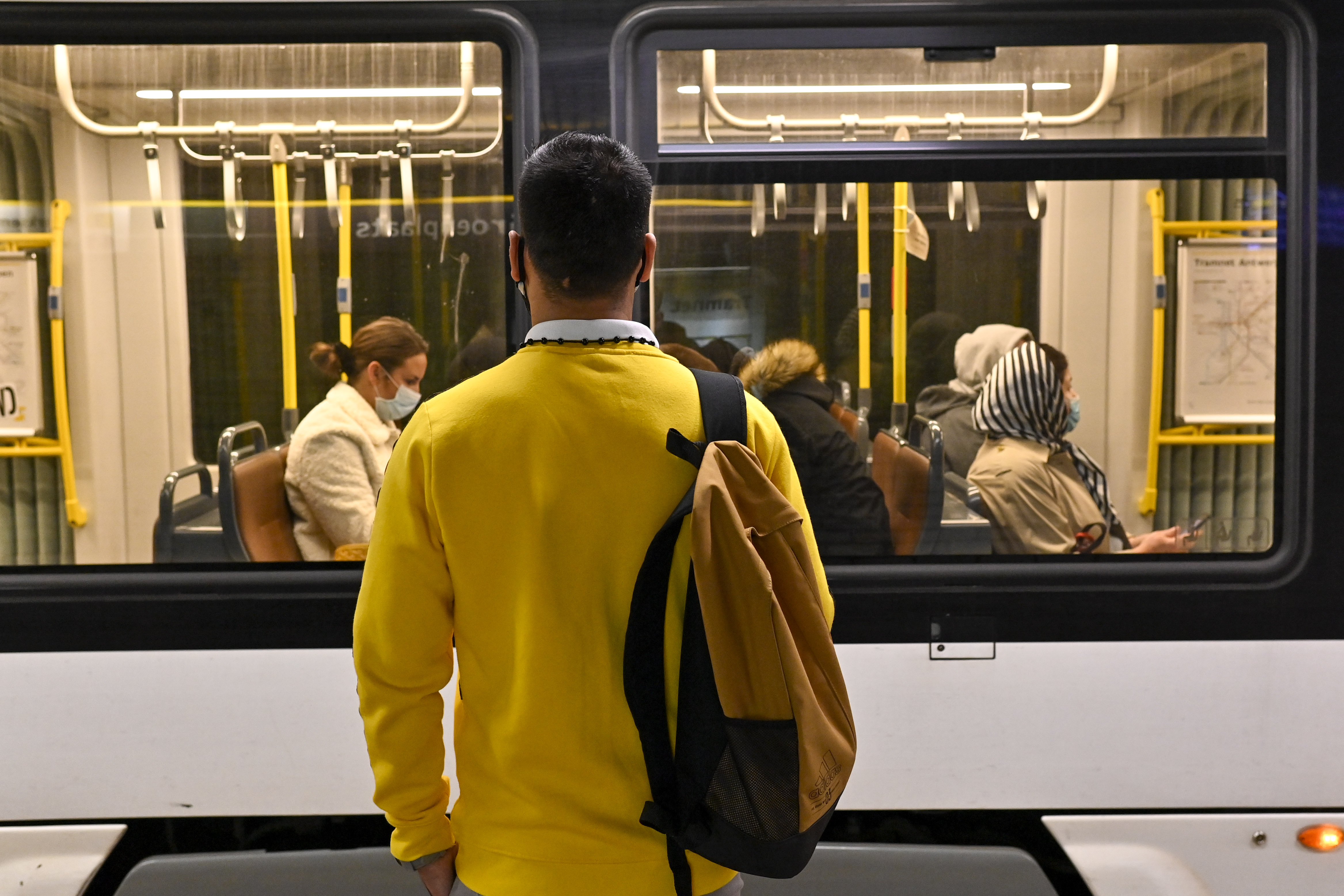
‘Transportation poverty’ in every section of Belgian population

According to a new study by, among others, Mobile 21, a non-profit organization that inspires and activates people to travel in a sustainable and smart way, transport poverty occurs in every layer of the Belgian population /Belga
Transport poverty occurs in every section of the Belgian population, and there are five profiles of less mobile Belgians. This is the conclu


Comments
Ready to join the conversation?
You must be an active subscriber to leave a comment.
Subscribe Today